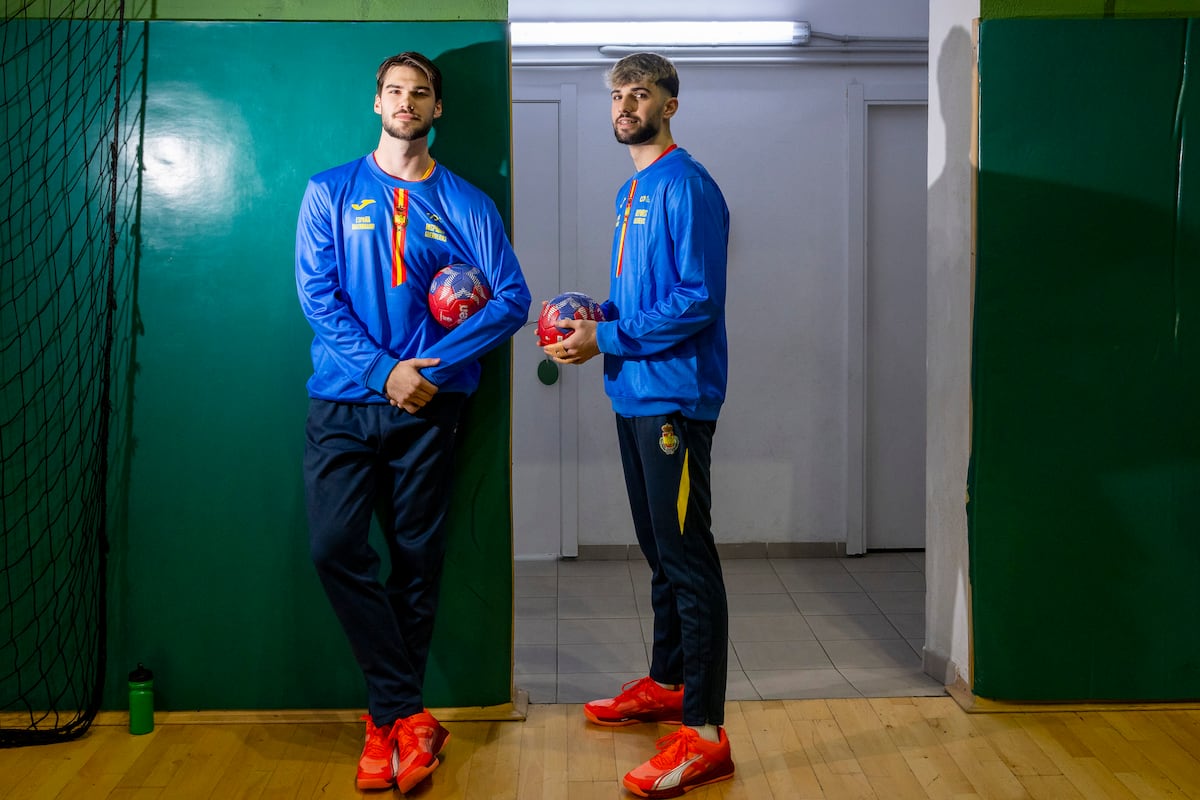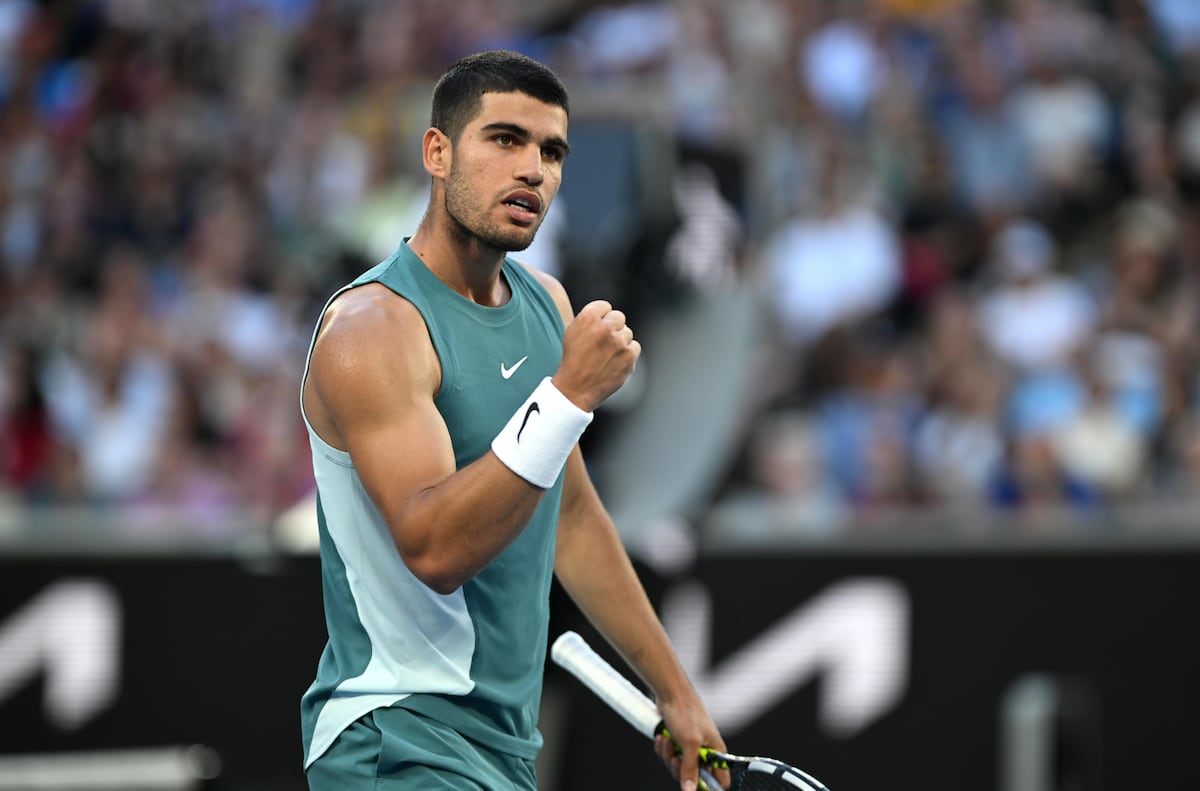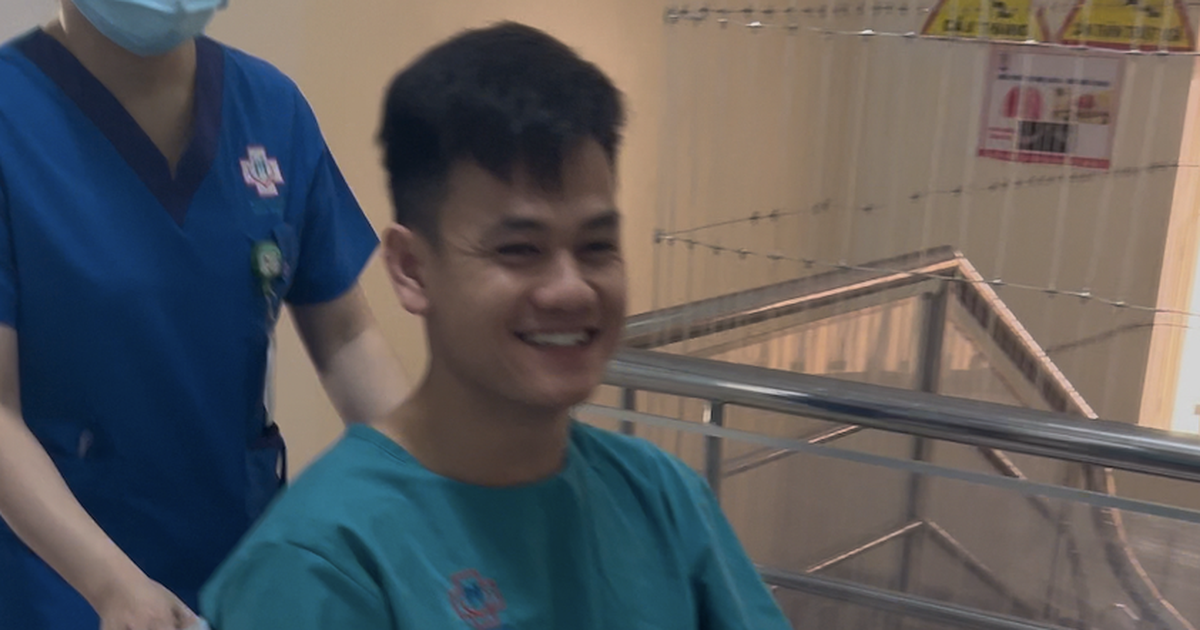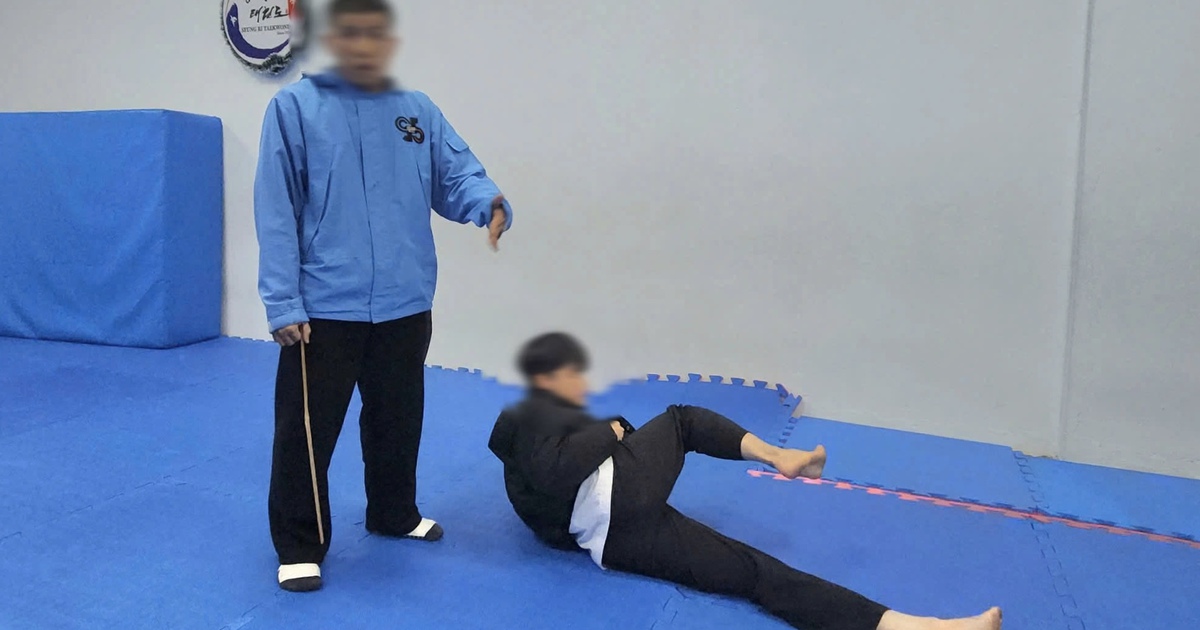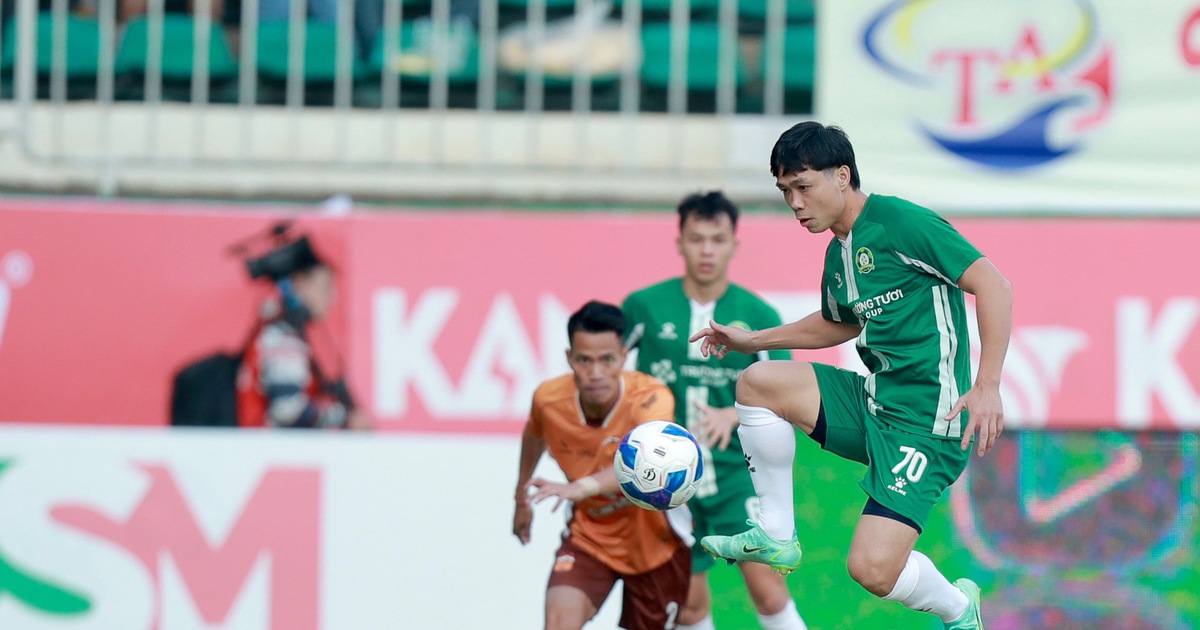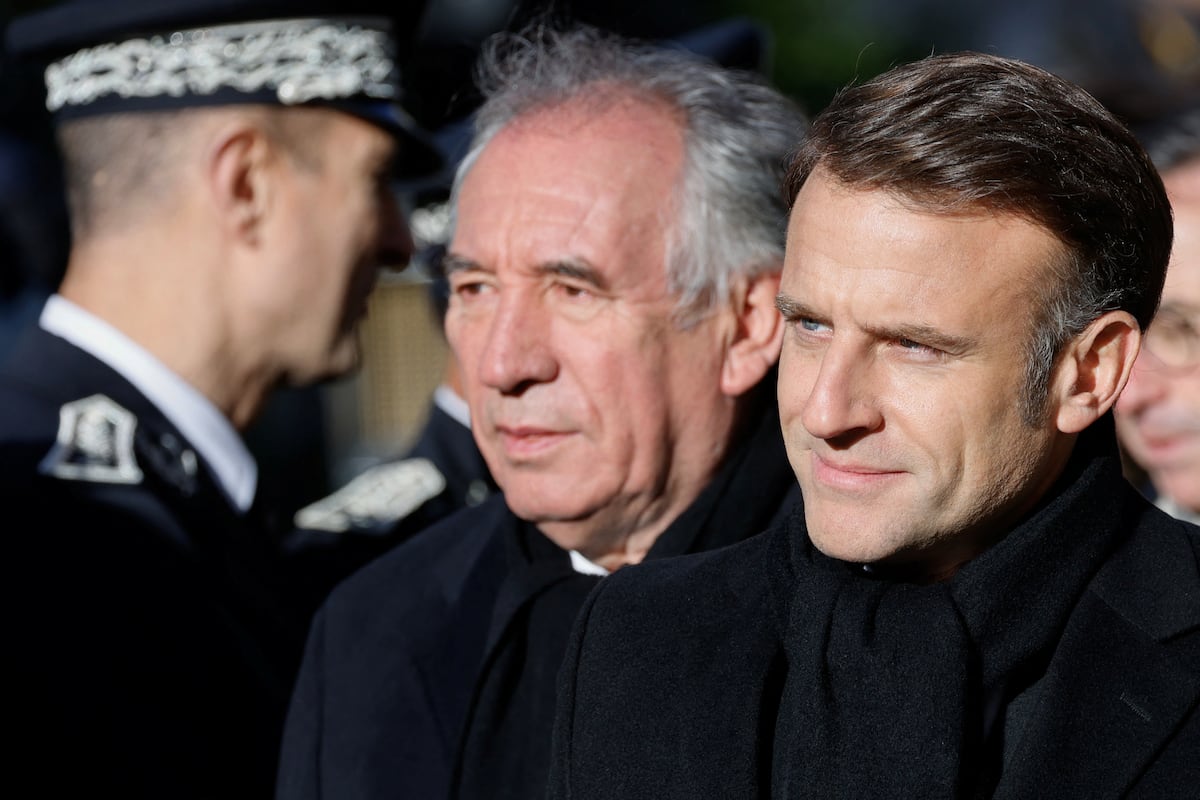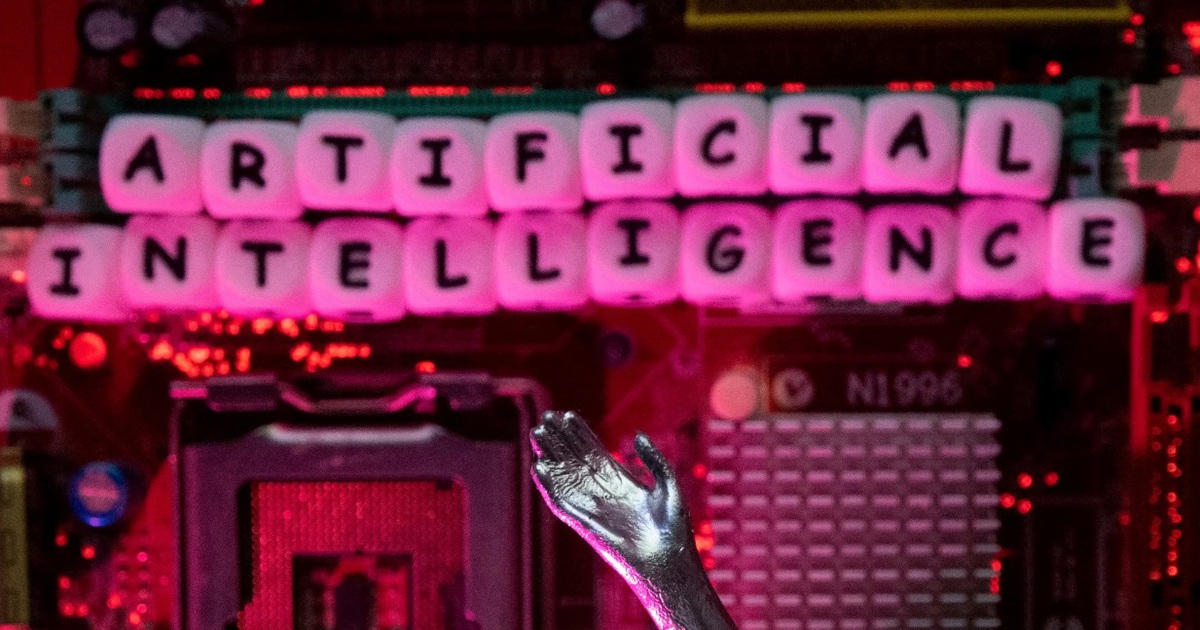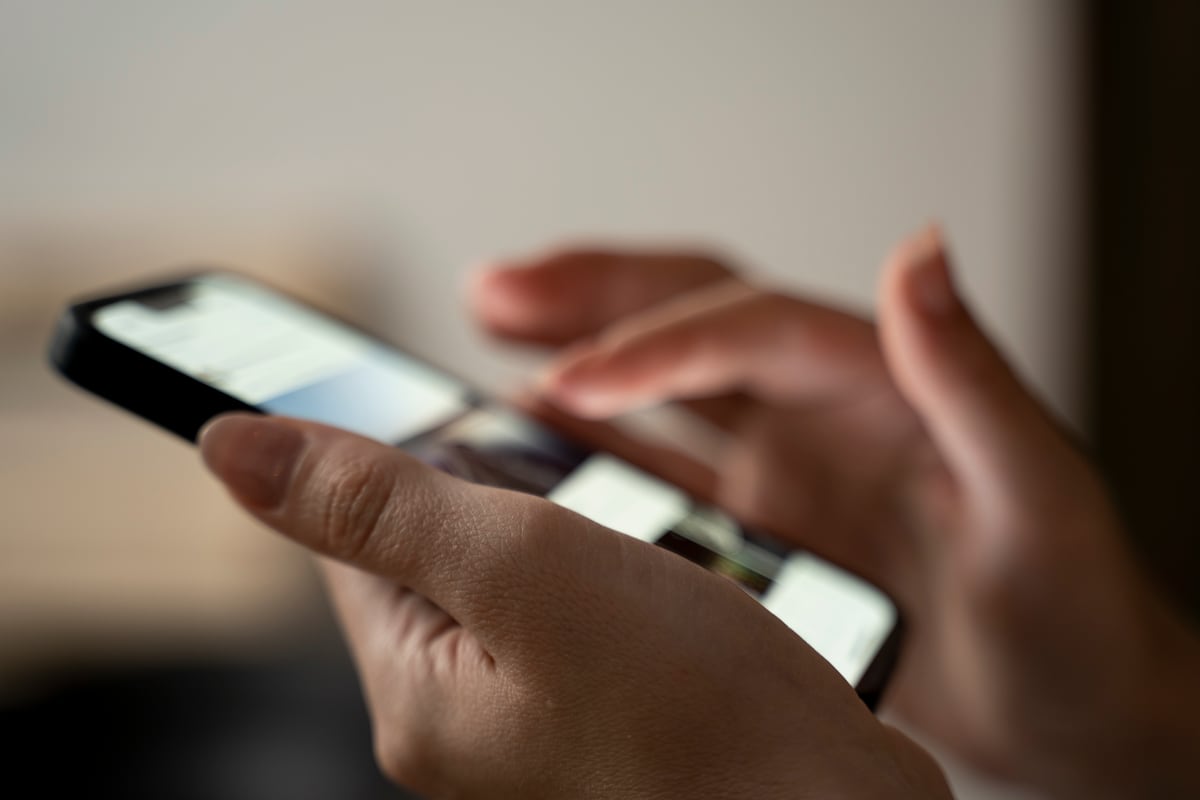Cikusa, a new surname comes strongly to Hispanics. The twins Petar and Djordje (Bordilis, Girona; 19 years old) are making their debut in a major championship, the Handball World Cup that starts this Tuesday and in which Spain will debut on Thursday in Oslo against Chile (6:00 p.m., Teledeporte). They are the spearhead of a unique generation that has won everything in the lower categories, and that this summer will seek to close the golden circle in the Junior World Cup. From this batch, left-handed winger Ian Barrufet (son of former goalkeeper David Barrufet) and pivot Víctor Romero (center-back Ferran Castillo was just outside the gates) also join the continuing block of the team that won the Olympic bronze. Petar, already important in Barcelona, and Djordje, on loan from the Barça club to Montpellier, chat about their training, their incorporation into the professional world and the challenge of the World Cup.
Ask.Do they want to mark territory from day one or are the veterans the ones who should lead the way?
Petar. Many times, the young person or the one whom no one knows has to step forward. If the veteran is not there, the young man will appear. An example is mine with Barça. When someone was not well, they took me out and I gave up. That’s how it will be here. I’m not just saying this for myself, but in general. To death and leave a mark.
Djordje. Apart from the fact that we want to start eating everyone now, because we both know what it takes to join a team, integrate and mark your territory. If we can, we will not look back, without regrets.
Q.What can they contribute?
Djordje. A more youthful air. Not jokes, but jokes, exuding a little confidence, which for a team is great.
Petar. As an example, Lamine [Yamal] and Nico [Williams]. They do four stupid things, the others laugh, and they create a circle of young people and veterans. Then on the track, everyone bites.
I have been compared to Lamine and I didn’t like it. I am me
Petar Cikusa
Q.Do you like that comparison of Lamine and Nico?
Petar.I don’t like to be compared to anyone. I am me. I have been compared to Lamine and I didn’t like it. I don’t care what he has won or is going to win, I look out for myself. I’m happy for Lamine, but I’m looking out for myself.
Q.Does Jordi Ribera ask very different things from your clubs?
Djordje. In my club, the game is quite different, but I like coming here because it is something we have learned from the youth team.
Petar. At Barça we do different things, we run more, but here it is true that Jordi, compared to Barça, helps us much more. If we do something well, he tells us. And if we do something wrong, too. I haven’t been told what I’m doing wrong for a couple of years, only some players.
Djordje. That’s me, the one who always tells you.
Petar. What are you saying?
Djordje. In the selection. ‘Don’t throw that one away because there are people alone or pass it on like this.’
Petar. I didn’t mean that, but that the coaches don’t tell me anything. The players can tell me whatever they want, and I’m not going to pay attention. I am who I am and I shoot because I don’t care, because I have to shoot to score a goal. I think here [en la selección] The good thing is that Jordi helps you a lot.
Jordi Ribera, compared to Barça, helps us much more. If we do something wrong, he tells us
Petar Cikusa
Q.Is Jordi so serious about short distances?
Djordje. Ugh, next question.
Petar. Each one is as they are. I am always serious with who I talk to, you have to respect the older people who are your boss.
Q.Do you give each other advice?
Petar. That’s what our father is for [Zoran, exjugador]. Less so now, but before it was incredible. After each game, he called us to tell us four things we had done wrong, four things right, and what we hadn’t done.
Djordje. That lasted until last season, when he started playing with the first team and I was also there. Now, it doesn’t tell us four things, but it does tell us two or three.
Q.Have you seen your father play?
Djordje. Never, we have not found a single video. I think he doesn’t want to show it to us because he knows he wasn’t as good as he says. Or yes, I don’t know. But we would love to see it. He tells us that we should do what he did. But if we can’t see it, how do we know it’s true?
Since we were little we were rivals to the death, with anything
Djordje Cikusa
Q.Has there been a point of rivalry between you?
Djordje. Always, since we were little, in anything, we were rivals to the death. Video games, board games, handball, school…
Petar. I wasn’t very aware either. For me, that rivalry was when he started in the first team. There I already said that I had to wake up to be there with him. And that’s what I’ve done.
Djordje. It was strange when he came to the first team. I loved it, but when you see that someone goes further than you, you do get a little envious. What has he done that I haven’t? Those questions that everyone asks and no one recognizes it. But he’s my brother, I wasn’t going to tell him: ‘I hate you’. No, I told him I wanted it and in the end it’s about training and one day the time will come. We have never lied to each other.
Q.What would you like to have from the other?
Petar. Pull with both hands.
Djordje. her hair [risas]. No, I would say his jump, although mine isn’t bad either.
Q.Is yours, above all, natural talent?
Petar. Until youth, everything was natural. We lived in the pavilion. And then you start working on coordination, movements…
Djordje. When we entered secondary school, our parents began to tell us that we only thought about handball and we should pay attention to school. We answered yes, but that handball came first. What if one day that changes? They asked us. ‘It’s not going to change,’ we responded. But you get older and you see that handball is not forever.
Petar. Well, I have stopped studying. I was in a cycle, but this year is very difficult. I have to organize myself in time. Whoever comes, I will be in a flat [ahora vive en La Masia]I will do that. I’m calm, I want to do things, that’s the good thing.
When you see that someone goes further than you, you get a little envious, but in the end he is my brother. I wasn’t going to tell him: ‘I hate you, I don’t like you’
Djordje Cikusa
Q.Is the image that Peter is the most agitating and Djordje the most serious, real?
Djordje. It’s changing. Sometimes he gets more serious.
Petar. But it is true that I don’t care about everything.
Djordje. He is enjoying it. But we don’t want to be normal handball players. We want to be the best and leave a mark, that people remember us, that they like to see us.
Q.Do you like the interest they generate?
Petar. We are excited, it makes us smile that they say this about our last name. But I don’t care who we are and where we are. We come to enjoy, learn and give it our all.
Q.What has being in a professional world forced you to do?
Petar. To mature, organize myself better, not go to bed late because then training kills me. If I stayed up until 2-3 in the morning watching TikTok, the next day I have to have a coffee in the pavilion.
Djordje. We don’t get that distracted either. There are some apps, like TikTok or Instagram, but other than that we don’t do many teenage things. We are surrounded by older people. I can’t go to dinner in the city every day because my colleagues have families. If they go to rest, so do I.
Q.Are they going to have the right to go crazy for a year?
Petar. I’ve already had many talks about that. [risas]. But now we are professionals, age doesn’t matter. It is true that young people want to go out to party, to dinner, to travel, but we are not up to these things. In summer, whatever you want. Before being in the first team, on weekends I would go to the disco with my friends.
Djordje. It was his eventful year.
Petar. And on Monday I woke up very tired. Now I don’t go out anymore. I find it very strange because I am young, but in the future I will see that I have done well. Gonzalo [Pérez de Vargas] and Dika [Mem] They have given me many talks.
The 18 summoned
Goalkeepers: Gonzalo Pérez de Vargas (Barça) and Sergey Hernández (Magdeburg).
Central: Ian Tarrafeta (Pays d’Aix) and Petar Cikusa (Barça).
Right back: Álex Dujshebaev (Kielce), Imanol Garciandia (Pick Szeged) and Djordje Cikusa (Montpellier).
Left back: Jan Gurri (Sporting CP), Agustín Casado (Veszprém) and Daniel Dujshebaev (Kielce).
Right wingers: Carlos Álvarez (Ademar León) and Ferran Solé (PSG).
Left wingers: Miguel Sánchez-Migallón (Benfica), Daniel Fernández (Stuttgart) and Ian Barrufet (Melsungen).
Pivots: Abel Serdio (Wisla Plock), Víctor Romero (Granollers) and Javier Rodríguez (Barça).
Calendar
First phase:Chile (Thursday 18, 6:00 p.m.), Japan (Saturday 18, 6:00 p.m.) and Sweden (Monday 20, 8:30 p.m.). Three pass.
Main Round: Against the three qualifiers from group E (Norway, Portugal, Brazil and the United States). Two pass.
Quarter finals: Tuesday the 28th and Wednesday the 29th.
Semifinals: Thursday the 30th and Friday the 31st.
Final and third place: Sunday, February 2.
All groups
Group A: Germany, Switzerland, Poland and Czech Republic.
Group B: Denmark, Algeria, Tunisia and Italy.
Group C: Austria, Qatar, Kuwait and France.
Group D: Hungary, Guinea, Netherlands and North Macedonia.
Group E: Norway, Portugal, Brazil and the United States.
Group F: Sweden, Spain, Japan and Chile.
Group G: Cape Verde, Cuba, Slovenia and Iceland.
Group H: Croatia, Argentina, Bahrain and Egypt.

